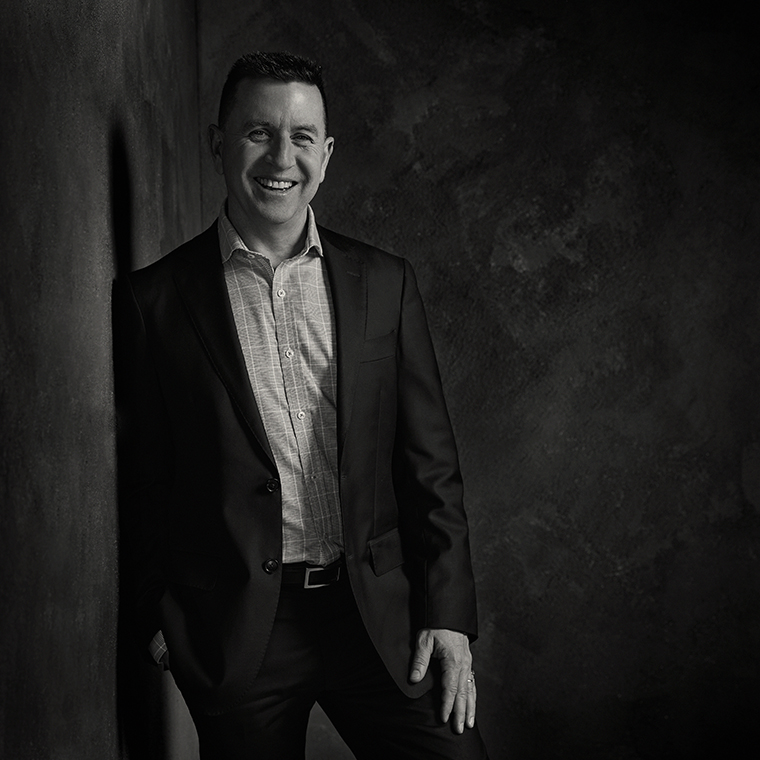
People // May 2023
30 Years, Infinite Stories: Craig Connelly
It’s time to celebrate the stories behind our success. Those who’ve shaped what we’ve done, what we’re doing now and where we’re going next. The CEOs and building managers. The long-time tenants and ambitious newcomers. The retailers and culturemakers. The floor staff and front-of-users.
From front door to top floor. These are the people that make 101 Collins extraordinary – enriching our past, epitomising our present and leading us into our future.
Share this on LinkedIn, Twitter
Craig Connelly | CEO, The Ian Potter Foundation
"Being a good mentor is about being a good listener."


After a successful 25-year career in Australian financial services, what prompted the move to community work?
You’ve been a mentor to many young professionals throughout your career. In these times of economic turbulence, what advice can you give young people?
